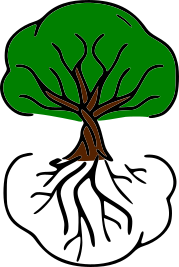For the past 25 years, the North Cascades Institute has been teaching students about their wild nearby through the Mountain School program. The program started back in 1990 and was based out of Newhalem, WA. Tracie Johannessen, who lead the program when it started and is the current Education Director at the Institute, informed the newest Mountain School instructors during training that “Mountain School used to be based out of tents in Newhalem. Other than the location change (up to the Environmental Learning Center in Diablo in 2005) and tweeks in the curriculum here and there, the program has been consistent.”
The typical, three day program for fifth grade students has a simple ABC format: Abiotic, Biotic and Community days. As Tracie said, every student coming for Mountain School over the past 25 years has experienced the North Cascades in this way. This fall 1,230 students from 19 schools joined this legacy.




